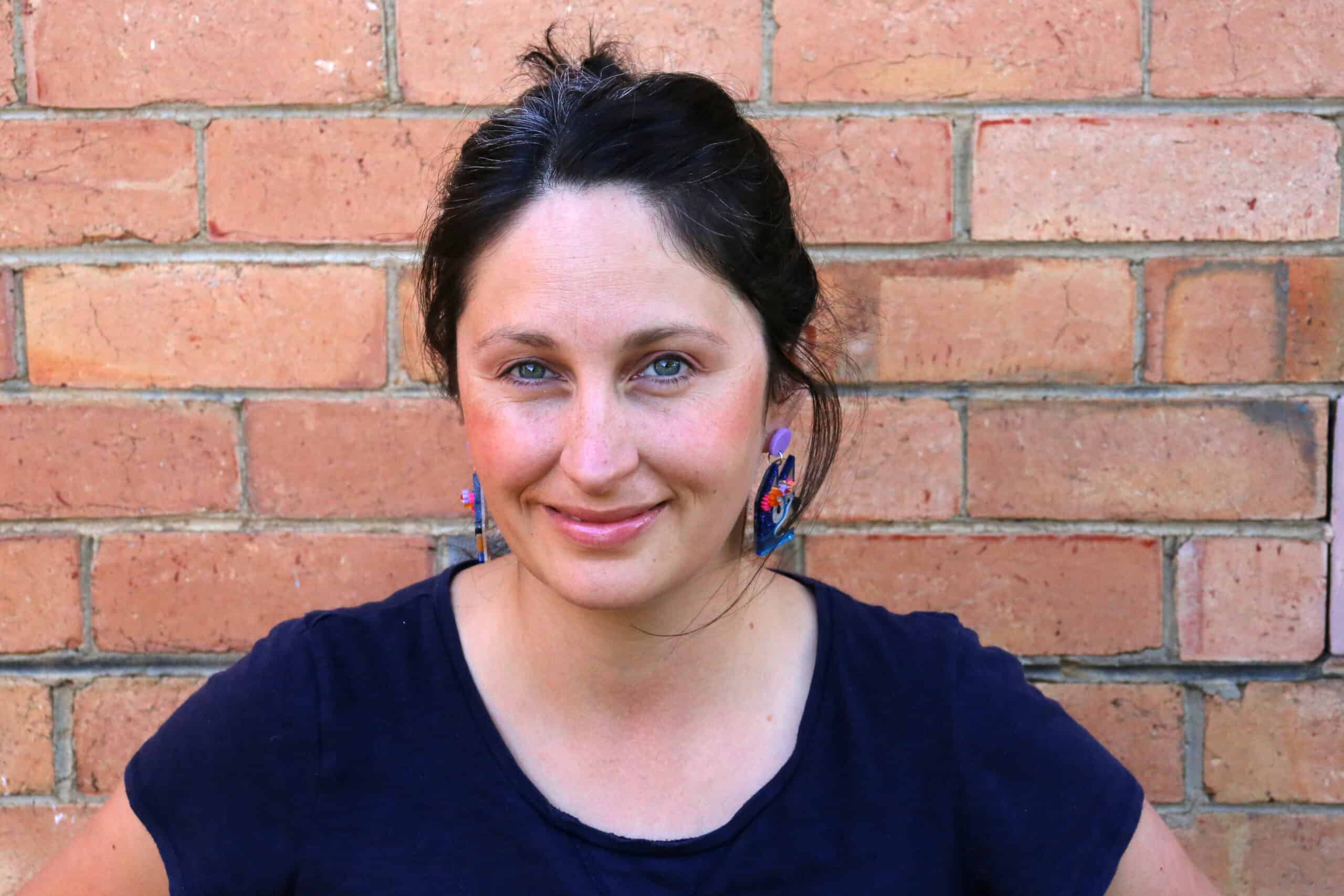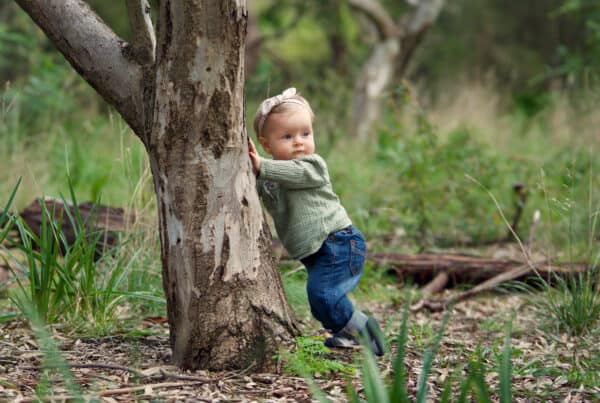Check out these sustainable jobs to future-proof your green career, and life on earth.
The history of humanity is a story of adaptation, resilience and resolution. As we face the climate crisis, tackling and reversing climate change is imperative for protecting our planet from biodiversity extinction, food insecurity, and increasing heat-related illness and disease.
The climate challenge also creates demand for a huge array of solution-oriented careers, across science, technology, development, healthcare and humanities. Leaders from across CQUniversity’s future-focused courses have compiled this list of 15 jobs which play important roles in the new green economy. The passionate people who do them will be vital for humanity’s survival.
Bush Regeneration Specialist
Bush regeneration, also known as natural area restoration, means replanting and maintaining native ecosystems that have been devastated by invasive plants and animals, or by human development. You’ll be in demand as primary producers work to improve their properties’ climate resilience and diversity, and in urban areas where governments and communities seek to preserve native flora and fauna around infrastructure projects. To dig straight in, start with a Certificate III in Conservation and Land Management, or get the skills to lead regeneration projects with a Bachelor of Environmental Science.
Carbon Accountant / Carbon Scientist
Capturing and storing carbon can mitigate global warming. Developing a ‘carbon economy’ to increase and reward offsets requires specialised carbon accounting. CQU adjunct lecturer and researcher Dr Thakur Bhattarai works with climate innovator CarbonLink to sequester carbon on grazing properties, achieving emission reduction while improving productivity and sustainability of the land. Dr Bhattarai leads numerous carbon science research projects across Australia, and says there’s huge demand for technical experts across the carbon economy.
Sustainable Entrepreneur
Climate change is a global issue, but innovative solutions can often be local and create profit for good in your community. One business-driven initiative to grow sustainability is Townsville-based QPlas, a company transforming agricultural waste from plastics and timber into construction products. Founder Sandra Richards developed the idea from her experience as a sheep, cattle and timber producer, and says a local solution to waste is vital to protect the Great Barrier Reef. Sandra is growing QPlas into a social enterprise, or impact-led business, through hyperflexible iActivate, CQUniversity’s online social enterprise course.
Laboratory Technician
The pandemic has made pathology laboratories some of the busiest workplaces around – but climate impacts are putting big demands on all scientific laboratories. Marine conservation, soil improvement, sustainable waste management, animal health, ecological research and so many other green initiatives all rely on dedicated laboratory teams. Completing a Certificate IV in Laboratory Techniques requires just 18 months full time study and prepares graduates for a range of monitoring and instrument operation roles.
Agri-Tech Innovator
Sustainable futures require secure food production, and technological innovation can help increase nutritious food production in a resource-scarce world. Agri-tech focuses on tech solutions – from farm to table – that optimise crop yields sustainably. At CQUniversity, passion for agri-tech is driving successful trials of the world’s first mango auto-harvester, using near infrared spectroscopy (NIRS) measurement to assess eating quality and predict ideal harvest time.
Solar Electrician
About one in four Australian homes have rooftop solar panels, and Australia leads the world in the uptake of solar energy – now the cheapest power source on offer. Countless businesses, including CQUniversity, are also increasing reliance on solar to power operations – so there’s much more work ahead. Solar electricians are the backbone of the industry, and installers are in hot demand. The career can start with an electrical apprenticeship, as a trade assistant with an installer, or pre-apprenticeship training for high school students.
Sustainability Consultant
Big industry and business want to minimise their environmental impact. Sustainability consultants work with organisations to implement more environmentally-sound processes and products. Studying a Bachelor of Environmental Science can help build a career driving green change across a whole range of sectors, including construction, government and corporate.
Mechanical Engineer / Electrical Engineer
Engineers have been vital to traditional power generation, and their skills are vital for renewable energy creation too. Diverse opportunities include wind farm design, solar and geothermal project development, and many emerging clean energy technologies. CQUniversity is a research partner for Central Queensland’s burgeoning hydrogen industry, set to create 11,000 green jobs by 2032 – including numerous engineering roles.
Marine Researcher
Ocean ecosystems are particularly vulnerable to climate change, and researchers are working hard to combat rising temperatures, acidification and deoxygenation, increased storm intensity and rising sea levels. The work of organisations like CQU’s Coastal Marine Ecosystems Research Centre (CMERC) creates solutions for sustainable management, conservation and restoration. Whether that’s reforestation of seagrass meadows, capturing plastic waste in waterways to understand and prevent upstream creation or creating seaweed biofilters, research projects to protect the Great Barrier Reef are vital.
Emergency Responder
Extreme weather events are increasingly common as the Earth’s climate changes, and more frequent natural disasters require more frontline emergency responders. Numerous health care qualifications can help prepare future frontline workers, or get leadership skills by studying Emergency and Disaster Management or Tactical Medicine.
Green Tech Developer
The future is digital, so design green solutions that are too! Technology smarts will be vital for tackling environmental issues, including the huge amount of waste and pollution generated by tech and online industries. The Green Software Foundation, for instance, promotes sustainability at the core of tech development, while nanotechnology in engine designs is cutting fuel consumption and lowering carbon emissions.
Environmental Lawyer
A career in environmental law will tackle broad issues for ensuring our planet’s survival – and lawyers who can advise on green standards and sustainability issues are in demand. A Bachelor of Laws is the first step to representing green causes in court, for a career that could shape environmental regulation and legislation, and protect Earth’s most valuable assets.
Sustainable Building Designer
As natural resources become increasingly scarce, new building design needs to adapt. Green design choices can reduce waste, as well as the amount of energy required to run. Sustainability architects, designers and engineers consider a huge range of technologies to reduce a building’s carbon footprint. While some requirements are legally mandated, green building designers have plenty of room to innovate new ways to minimise environmental impact, on new builds and retrofits.
Ecotourism Operator
As the tourism sector emerges from the pandemic, travellers are putting more thought than ever into their impact when they travel. Ecotourism is booming, and designing environmentally-friendly experiences lets people connect with nature, while also protecting it. Pre-pandemic, ecotourism in Australia employed more than 14,000 people and generated $1.6 billion a year. A Diploma of Travel and Tourism Management is a good start to understanding the industry’s opportunities.
Teacher
Securing our planet’s future will ultimately fall to the current generation of children. So help teach them to make it better! The United Nations has highlighted education as the key priority for addressing climate change – passionate educators who support young people to take action and get creative about designing solutions, will make a huge difference for them, and for generations to come.





